
CoAS Sharma Stresses Collective Action for Nepal’s National Security
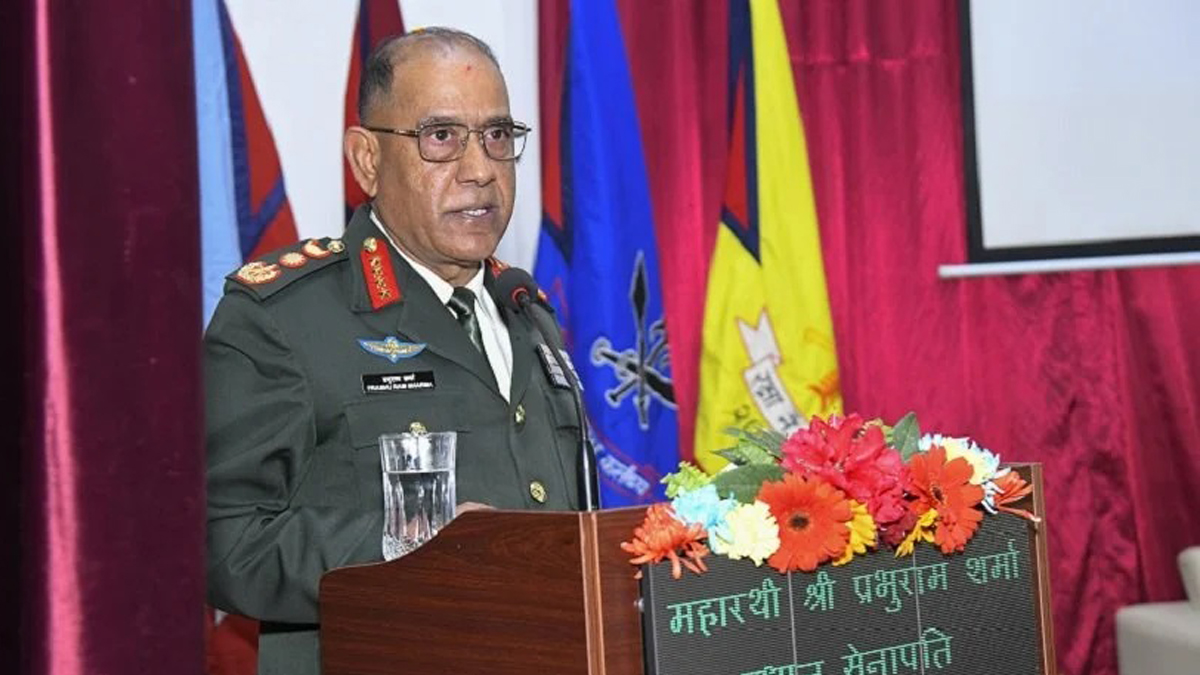
In an address at the inauguration of a high-level national security training event, Chief of Army Staff (CoAS) Prabhu Ram Sharma emphasized the critical importance of unified efforts towards safeguarding Nepal’s sovereignty, independence, territorial integrity, nationality, dignity, border security, and economic prosperity.
The event, jointly organized by the Defense Ministry and Nepali Army at the Army Command and Staff College, witnessed CoAS Sharma’s passionate call for a shared vision and commitment in addressing the multifaceted challenges to national security. “A common concept, understanding, and coordinated action are indispensable in safeguarding our national interests,” he remarked.
Analyzing both domestic and international dynamics, CoAS Sharma highlighted the necessity of formulating and executing policies that protect Nepal’s interests amidst the complexities of global geopolitics. He pointed out the challenges posed by conflicts among powerful states and underscored Nepal’s unique vulnerabilities, including geopolitical sensitivities, porous borders, and the interests of influential nations.
Furthermore, CoAS Sharma shed light on the internal threats to national security, including religious and communal tensions, as well as the clandestine activities of separatist groups. He stressed the importance of studying traditional and modern security concerns, alongside socioeconomic and developmental landscapes, to effectively enforce national policies and laws.
In line with the evolving global security landscape, CoAS Sharma advocated for adaptive changes in national security policies and strategies. His remarks resonated with Defense Secretary Kiran Raj Sharma, who emphasized the necessity of multisectoral dialogue, coordination, and cooperation to fortify Nepal’s national security apparatus.
The ninth edition of the high-level training program, which commenced with the participation of 30 individuals representing diverse sectors such as ministries, constitutional bodies, universities, civil society organizations, media, as well as security agencies like the Nepali Army, Nepal Police, Armed Police Force, and the National Investigation Department, is poised to last for two weeks. With a cumulative participation of 173 individuals since its inception in 2072BS, the training aims to equip stakeholders with the knowledge and skills necessary to navigate the complexities of national security in the modern era.
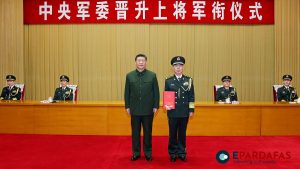
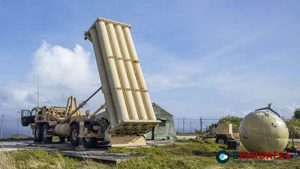

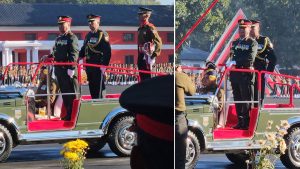
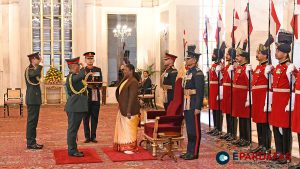
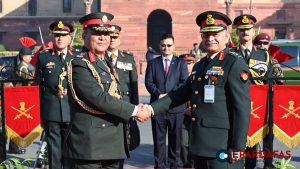

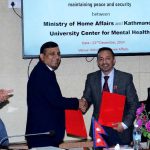




Comments